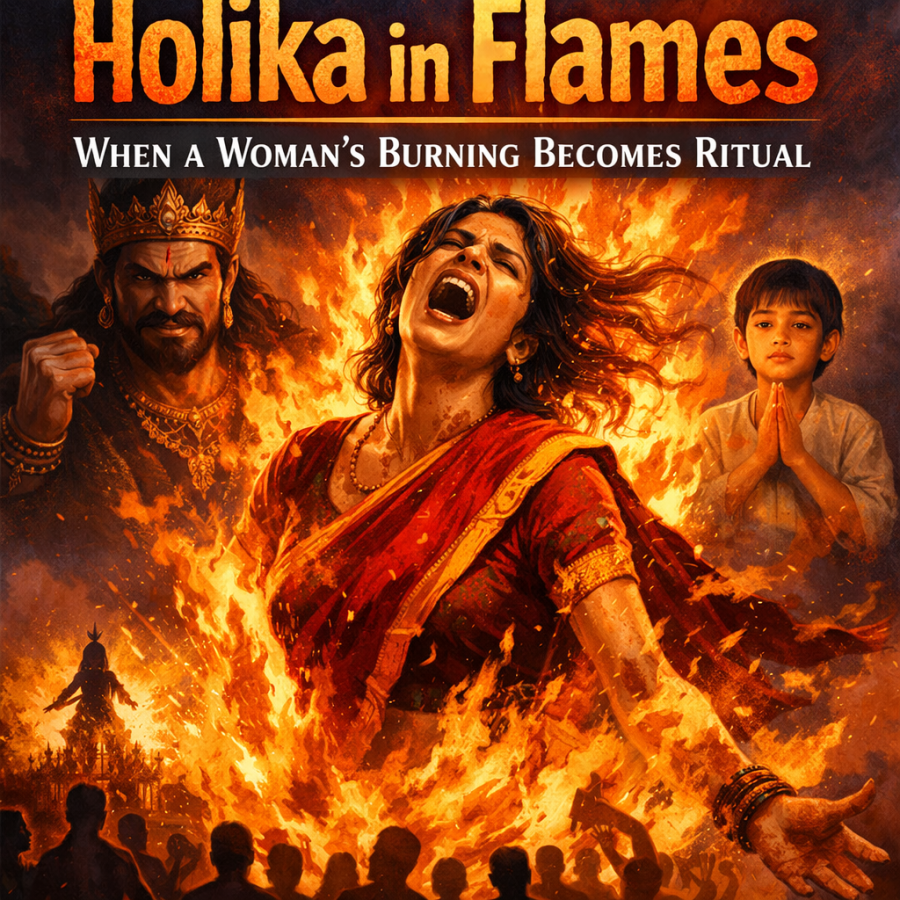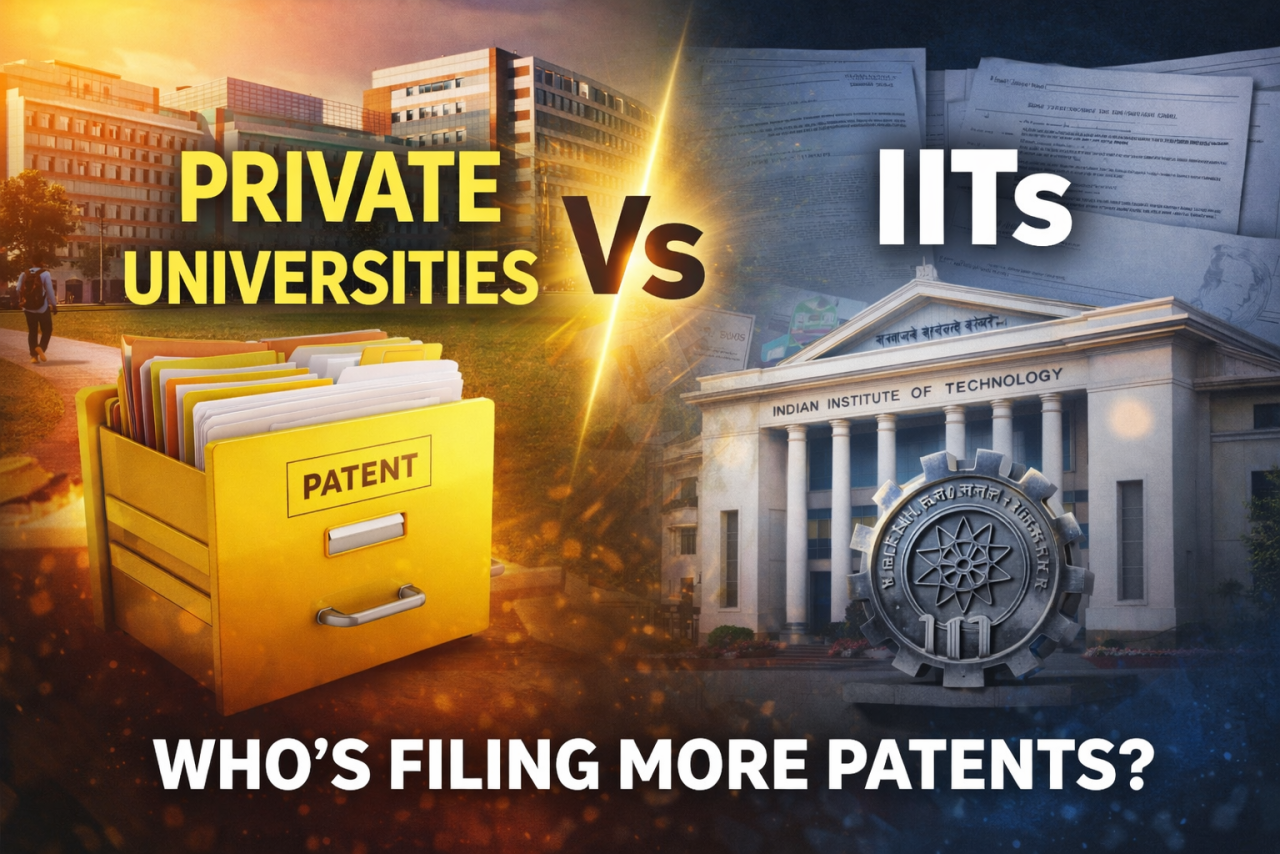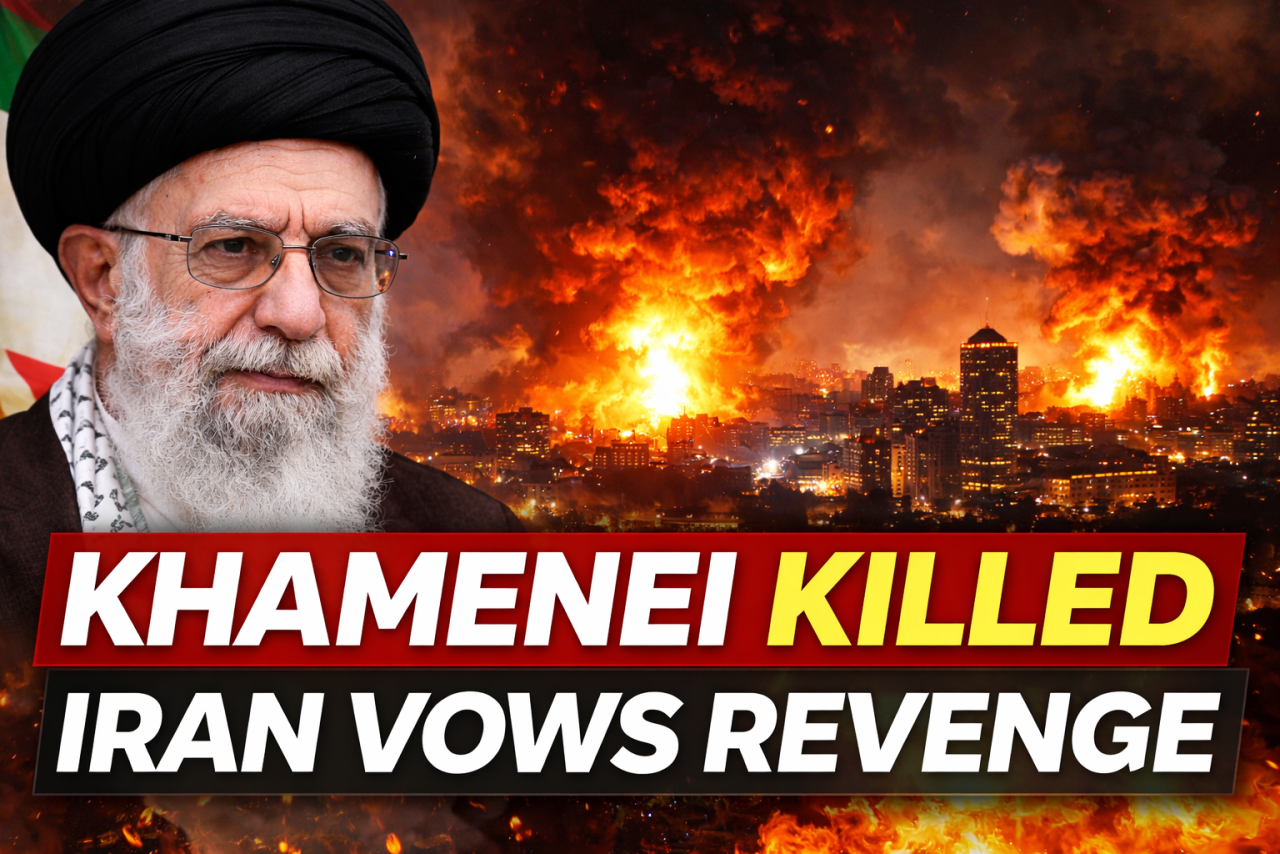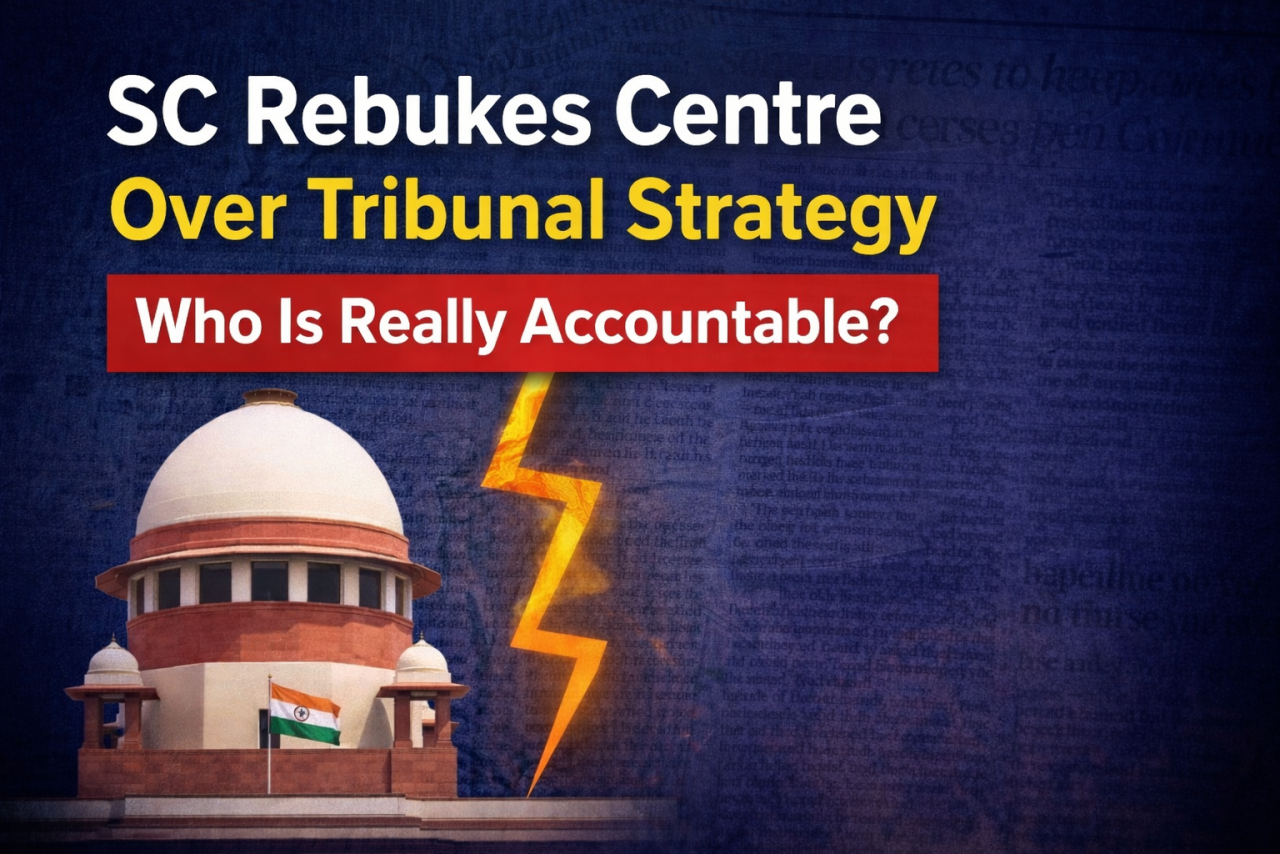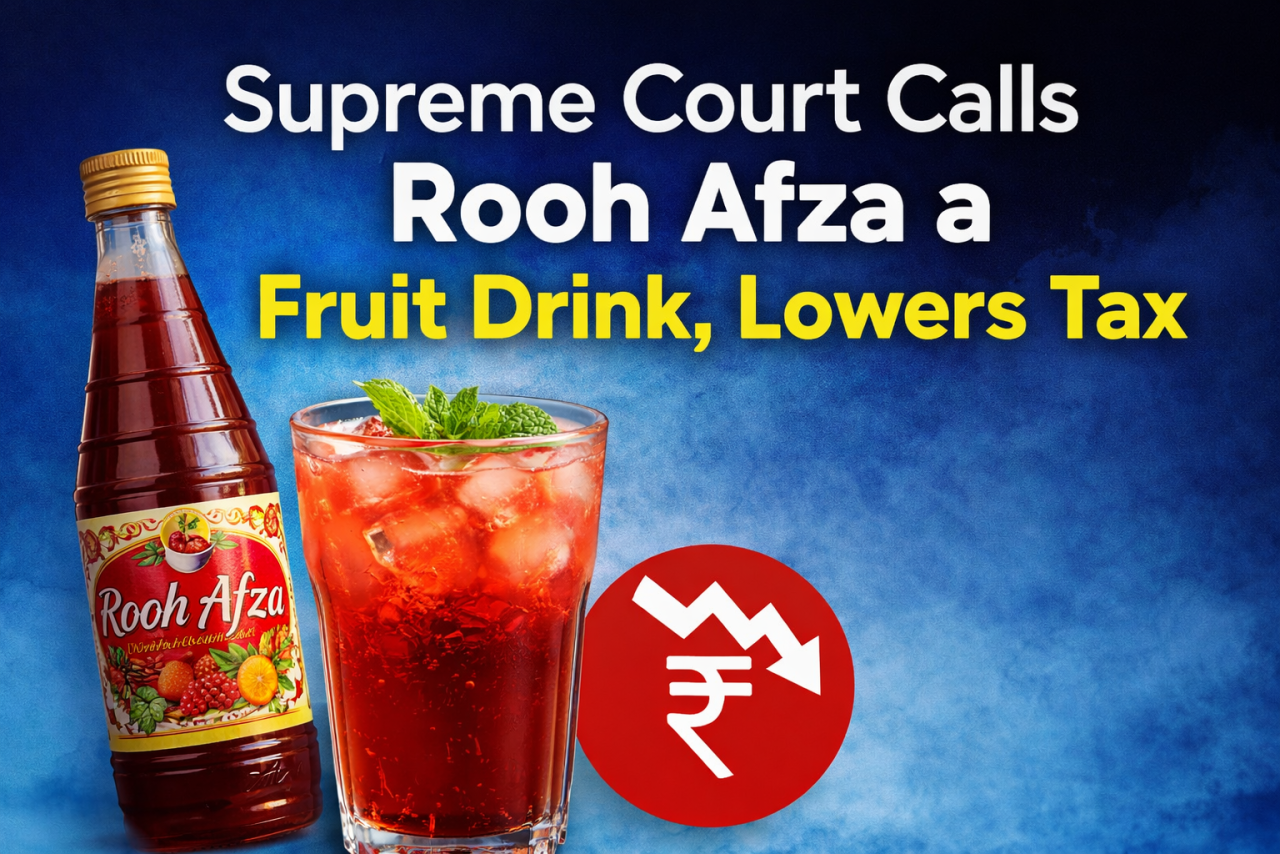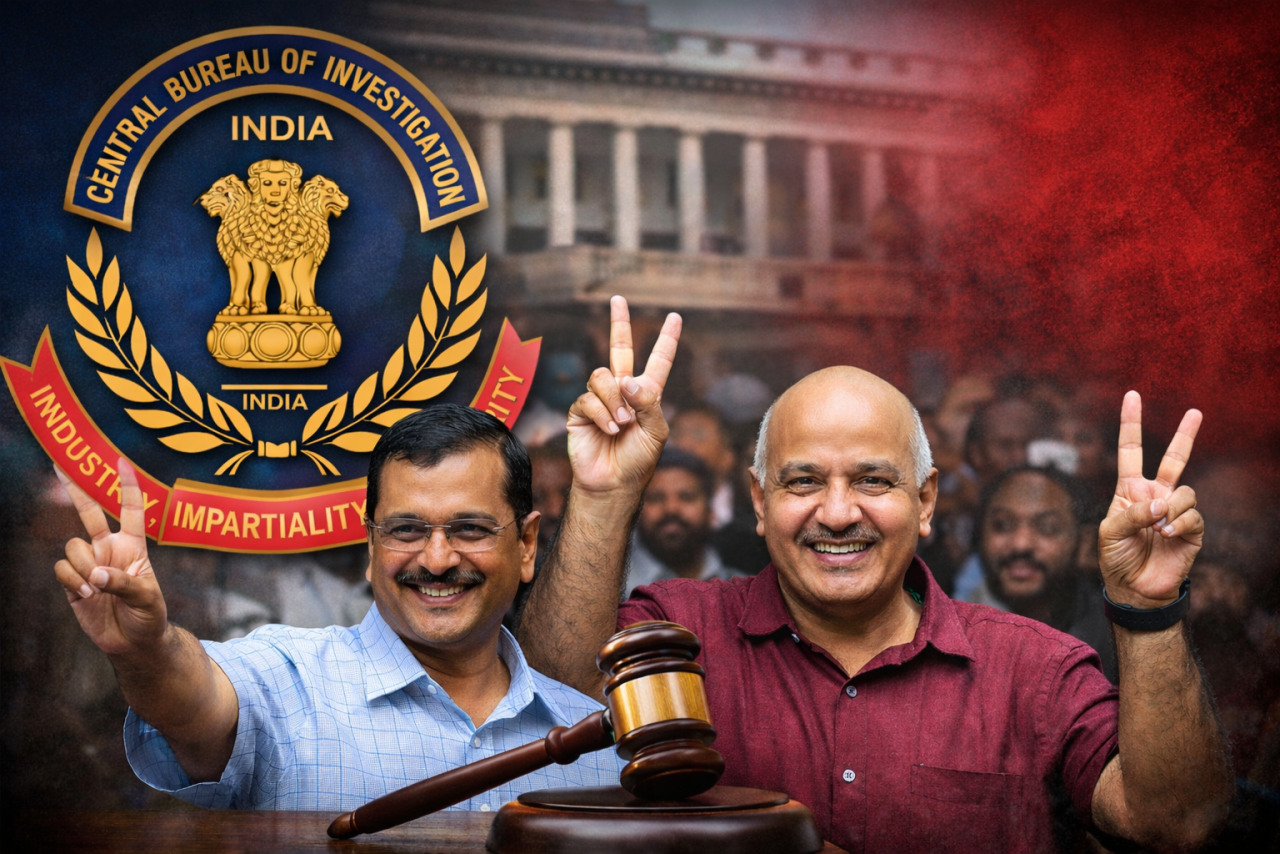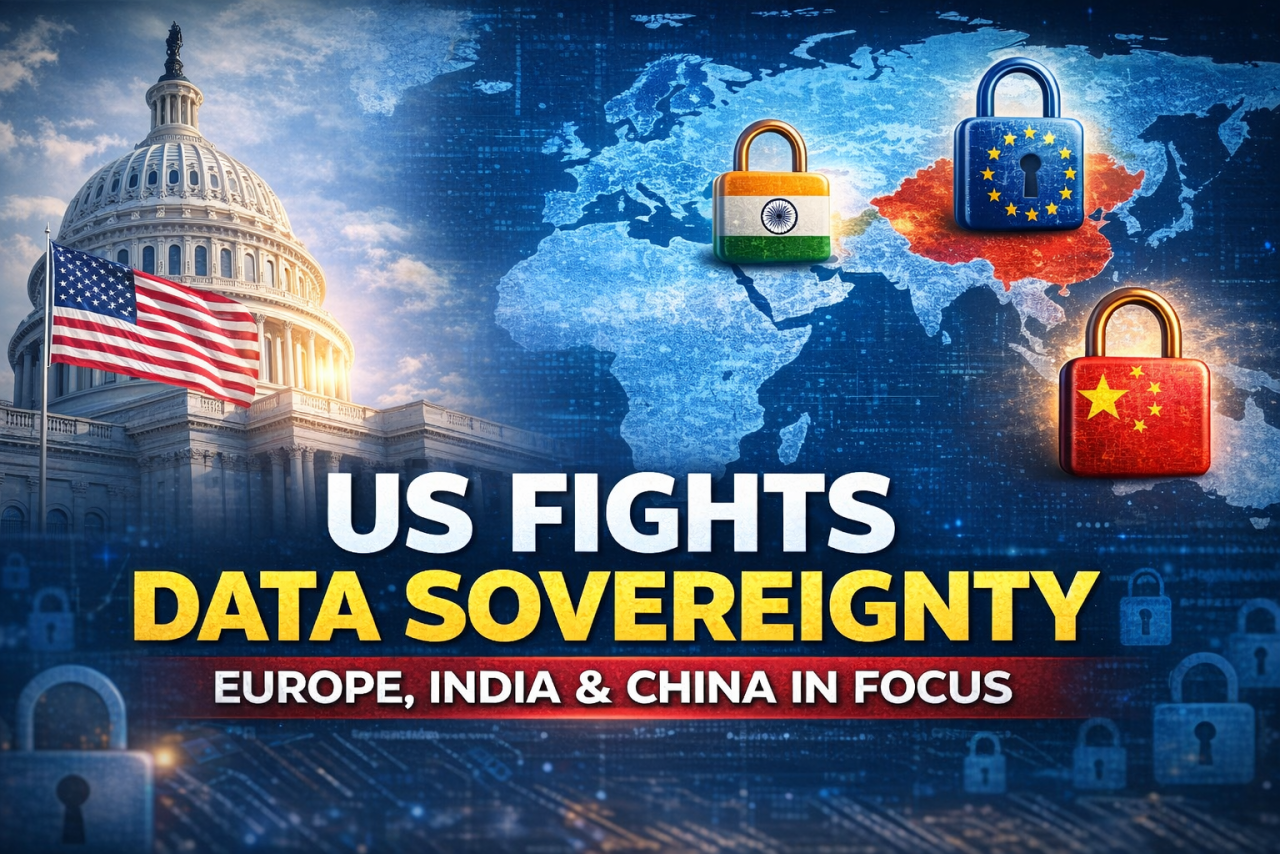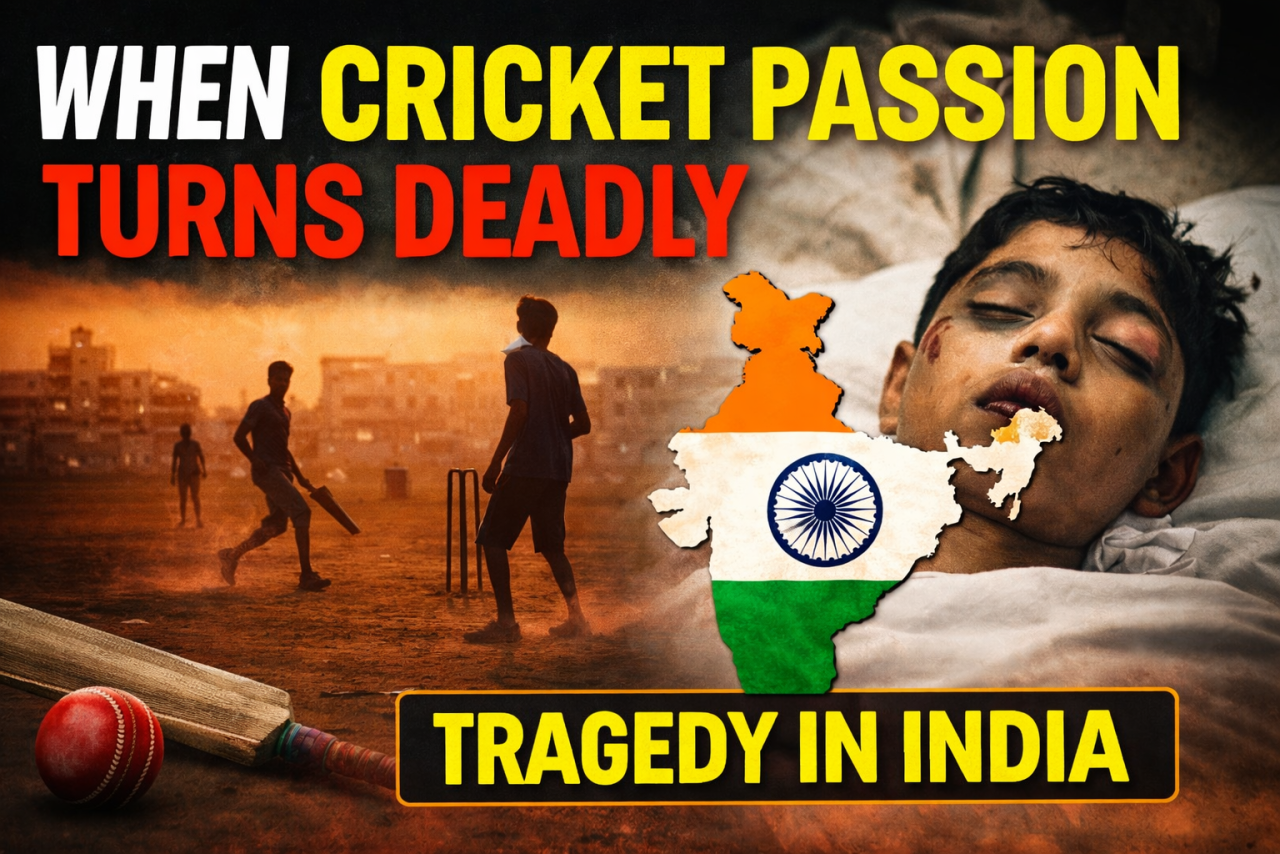
The Delhi High Court is currently hearing a high-stakes copyright infringement lawsuit filed by news agency ANI against OpenAI, the company behind ChatGPT. This case has sparked widespread interest among legal experts, industry stakeholders, and policymakers, as it delves into whether OpenAI’s use of ANI’s news content to train its AI software violates copyright law. During recent proceedings, court-appointed experts presented conflicting views, underscoring the challenges of applying traditional copyright principles to cutting-edge AI technologies.
The Heart of the Matter
ANI, a prominent Indian news agency, has accused OpenAI of using its copyrighted news content to train ChatGPT without proper authorization. The agency claims this constitutes copyright infringement and is seeking ₹2 crore in damages, along with an injunction to stop OpenAI from using its content and to delete any stored materials. OpenAI, however, argues that its use of ANI’s data is “non-expressive,” meaning it extracts facts and underlying information rather than reproducing the content directly. The company maintains that this falls within the bounds of permissible use under copyright law.
The case raises critical questions about the scope of copyright protection in the era of AI. Can using copyrighted material to train AI models be considered fair use? Does storing such data, even temporarily, for training purposes amount to infringement? These are the central issues in the dispute, and the Delhi High Court’s ruling could set a significant precedent for how copyright law is applied to AI-generated content in India and beyond.
Clashing Expert Views
During the proceedings, two court-appointed experts offered opposing perspectives. Professor Arul George Scaria from the National Law School of India University (NLSIU) argued that OpenAI’s use of ANI’s data does not constitute copyright infringement. According to Scaria, OpenAI’s actions are permissible because the data is used in a “non-expressive” manner. He emphasized that extracting facts and underlying information, rather than reproducing the content itself, is allowed under existing copyright law. Scaria also pointed out that both temporary and permanent storage of copyrighted material for learning purposes is legally acceptable. He warned that restricting such use could hinder the broader goal of copyright law, which is to promote the creation and dissemination of knowledge.
On the other hand, advocate Adarsh Ramanujan argued that OpenAI’s storage of ANI’s content amounts to infringement as soon as the data is copied without permission. Ramanujan maintained that copying raw data to OpenAI’s servers, even if done only once, is a violation unless justified under the fair use doctrine. He stressed that the act of initial copying is enough to establish infringement, regardless of whether the content is repeatedly saved or used.
Wider Implications for AI and Copyright
The case has significant implications for the AI industry, content creators, and policymakers. Allowing AI models like ChatGPT to train on publicly available data could accelerate innovation and the development of advanced AI tools. However, it also raises concerns about the rights of content creators and the potential exploitation of their work for commercial gain.
ANI’s lawsuit has garnered support from various industry groups, including the Indian Music Industry, the Federation of Indian Publishers, and the Digital News Publishers Association. These organizations argue that OpenAI’s actions devalue original content and set a troubling precedent for the unauthorized use of copyrighted material. In contrast, Flux Labs, a startup backing OpenAI, has argued that extracting non-expressive data for training purposes should not be considered copyright infringement. This divide highlights the growing tension between content creators and AI developers over the use of copyrighted material.
Jurisdiction and Fair Use: Key Legal Questions
The case also raises important jurisdictional and legal questions. OpenAI has argued that the Delhi High Court lacks jurisdiction, as its servers are based in the United States. The company has urged the court to dismiss the case, citing the exclusive jurisdiction of courts in California. However, Professor Scaria supported the Delhi High Court’s jurisdiction, pointing to OpenAI’s interactive services in India and ANI’s headquarters in New Delhi. The court has decided to hear arguments on both jurisdiction and merits together, rather than ruling on jurisdiction separately.
Another critical issue is whether OpenAI’s use of ANI’s data qualifies as fair use. Fair use allows limited use of copyrighted material without permission for purposes such as criticism, comment, news reporting, teaching, scholarship, or research. However, applying this doctrine to AI training is complex, as the purpose and nature of the use can vary widely. The court’s decision on this issue could have far-reaching implications for both the AI industry and content creators.
What’s Next?
The next hearing in the case is scheduled for March 10, when advocate Adarsh Ramanujan will continue his arguments. The outcome of the case is expected to have a profound impact on how copyright laws are applied to AI-generated content and the protection of original work in the digital age. It could also shape the development of AI technologies, as companies may face stricter regulations on the use of copyrighted material for training purposes.
As the Delhi High Court navigates these complex legal questions, the case highlights the need for a balanced approach that fosters innovation while safeguarding the rights of content creators. The decision could set a precedent for future cases involving AI and copyright, shaping the legal landscape for years to come. For now, all eyes are on the court as it addresses this pivotal issue at the intersection of technology and law.


